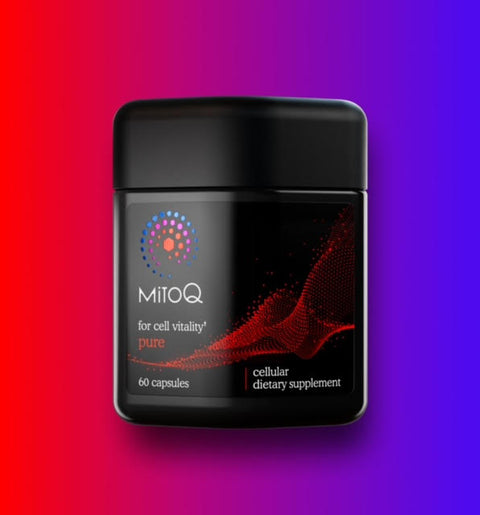You might have heard of Coenzyme Q10, a popular supplement that can help protect cardiovascular function and boost energy levels. CoQ10 is often recommended to people who have heart conditions as it’s been shown to support healthy mitochondrial function, slow the effects of aging, and also reduce the side effects of statins.
As good as that sounds, increasing your levels of CoQ10 isn’t as simple as taking any old supplement off the shelf. We’ll explain more about this below.
We’ll also tell you about a supplement that CAN increase your CoQ10 levels effectively and efficiently: MitoQ.
First, let’s have a quick biology lesson on the tiny organelles powering your body: mitochondria.










